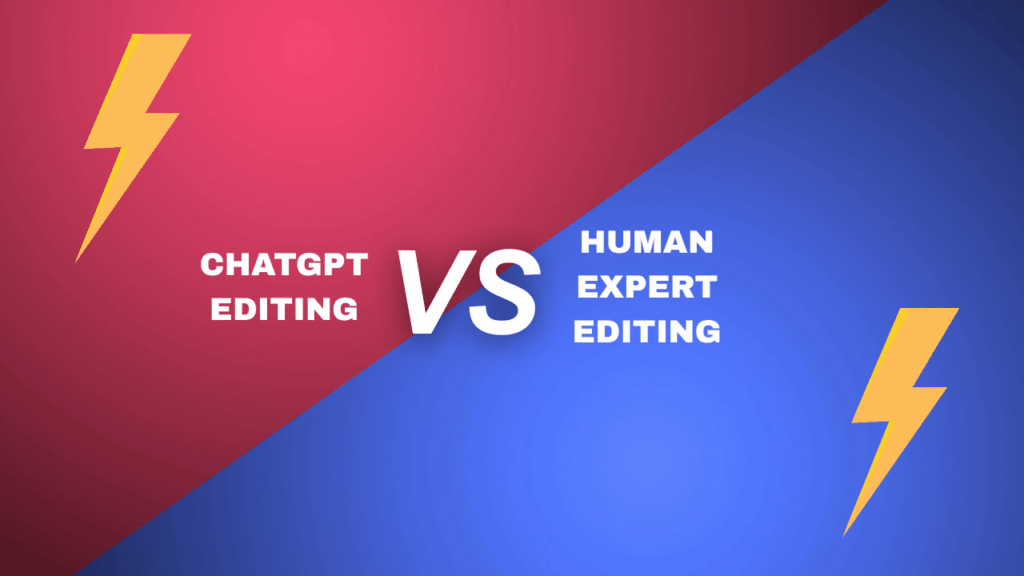Four burning questions academia has about ChatGPT

When OpenAI launched the chatbot named ChatGPT (Chat Generative Pre-trained Transformer) in November 2022, academia by and large did not pay much attention to it. Some weeks later, this advanced artificial intelligence (AI) model began creating quite a furor in research and scholarly circles because of its remarkable ability to generate human-like text responses to prompts and its widespread utility in various natural language processing tasks, such as answering customer queries or creating social media posts and even creating research papers. Below, we discuss some of the pressing questions surrounding ChatGPT today.
Note: While we have done our best to ensure that content is up to date, new legislations and rules around AI and ChatGPT are being discussed and implemented daily. We recommend that you use ChatGPT in research-related tasks only after reviewing the latest guidelines from your institution as well as leading academic bodies in your research field.
How do I get started with ChatGPT?
It’s pretty easy for anyone, regardless of education or AI experience, to use ChatGPT, which is currently free. Here are the basic steps to get started:
- Go to https://chat.openai.com/auth/login
- Sign up for an account (or log in if you’ve already created one). You can also log in using Google, Facebook, etc.
- Follow the log in instructions (depending on your location, you may have to input a verification code sent via SMS or WhatsApp)
- Go through the examples, capabilities, and limitations of the tool, provided on the homepage
- Enter your query or request in the text box at the bottom of the page
- Click on “+ New Chat” to start another conversation
Note that although there are a number of apps claiming to be “ChatGPT”, none have been released by OpenAI, the parent company, so be cautious about downloading and installing them. ChatGPT is currently available as a webpage. Google Chrome has also released various free ChatGPT extensions that you can add to your browser, such as Promptheus (which is based on voice commands like Alexa) and YouTube Summarizer with ChatGPT (which quickly gives you a summary of the YouTube videos you are currently viewing).
What can I use ChatGPT for?
ChatGPT is meant to be used on various natural language processing tasks, such as translation or summarization. For example, you can input a passage with the instructions “Summarize [XYZ]” and get a summary. If you want it translated, simply input “Translate into [language name]: [XYZ].”
You can use ChatGPT in preparing speeches, presentations, lecture notes, blogposts, newsletter content, or even emails (e.g., by inputting “how do I email a journal editor about my manuscript’s status”). You can use it for brainstorming and to initially explore a field or topic you don’t have much knowledge about (i.e., treating it like Google).
What do I need to be careful about when using ChatGPT?
The most important thing you need to keep in mind when using ChatGPT or any other AI tool is that they are not 100% effective substitutes for human thought or writing. It’s advisable to use ChatGPT as a starting point and then to carefully review and edit its output based on your own knowledge and experience. Some other points you need to keep in mind:
- Make sure your prompts are clear and specific. For example, “how do I reply to a reviewer who has asked me to perform an extra experiment” rather than “how do I reply to reviewer comments”.
- ChatGPT is a large language model; that is, it has been “trained” on large amounts of text data. This database consists of books, webtexts, Wikipedia entries, blogposts and articles, and other text pieces on the Internet. So it may not be effective or accurate in generating content for niche or specialized topics that are outside its training data.
- OpenAI has also cautioned that ChatGPT may not be accurate in describing or discussing any events after 2021. This applies to research papers, conference proceedings, theses, etc. published after 2021 too.
- Because the system is trained on text from the Internet, it can reflect prevailing biases, stereotypes and general opinions on the Internet that may not be representative of real life. It’s also important to note that currently ChatGPT does not backlink, cite, or otherwise disclose its sources.
- Inaccuracies in the training data may reflect in ChatGPT’s output; hence, you may have to fact-check its output before using it. For example, in one case, ChatGPT misinterpreted the findings of a research article that it cited in a literature review.[1]
Should I use ChatGPT to create research papers, theses, abstracts, etc.?
There’s currently a lot of debate around using ChatGPT or other AI tools in published literature. In general, journal editors and publishers agree that ChatGPT cannot be considered an author in a research paper because a chatbot cannot take responsibility for the content and integrity of that paper. Journals like Nature and Science have recommended that authors using ChatGPT to mention in their methods or acknowledgements section.[2]
Educational institutions such as New York City’s public schools have already begun banning ChatGPT and similar tools out of concerns regarding plagiarism and ethics (e.g., students could use ChatGPT to complete their homework or answer tests). Furthermore, educational institutions are also increasingly interested in AI text detectors: tools that can detect whether a particular piece of writing was generated using AI. Journals and publishers are also likely to integrate AI detection tools into their workflows, as many have already done for plagiarism checkers and image manipulation checkers.
Given the limitations of ChatGPT described in the earlier section, we can say that the tool can help you write (like how a calculator helps an accountant), but your writing is your responsibility and needs your input as an author.
[1] Turban, S. How Will ChatGPT Change Research Paper Writing? https://www.lumiere-education.com/post/how-will-chatgpt-change-research-paper-writing (2023)
[2] Stokel-Walker, C. ChatGPT Listed as Author on Research Papers: Many Scientists Disapprove. Nature News https://www.nature.com/articles/d41586-023-00107-z (2023)






